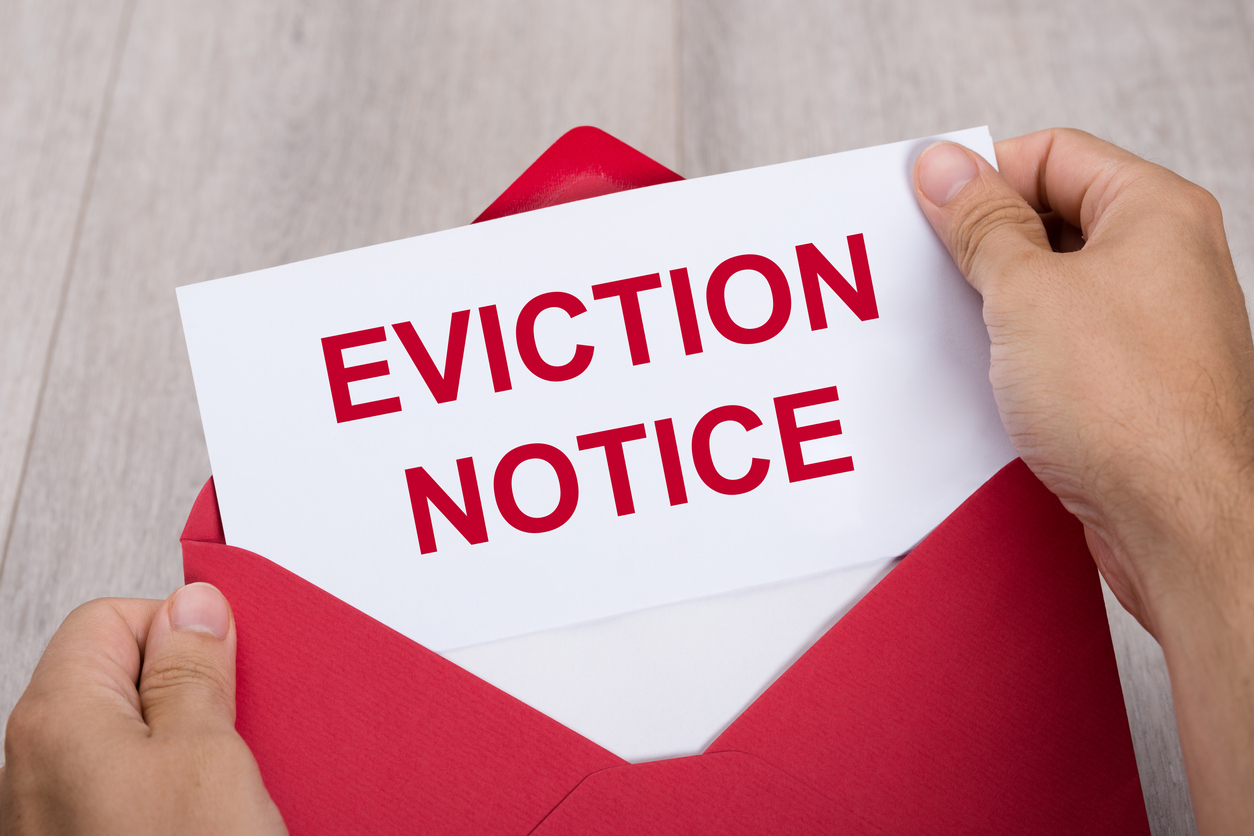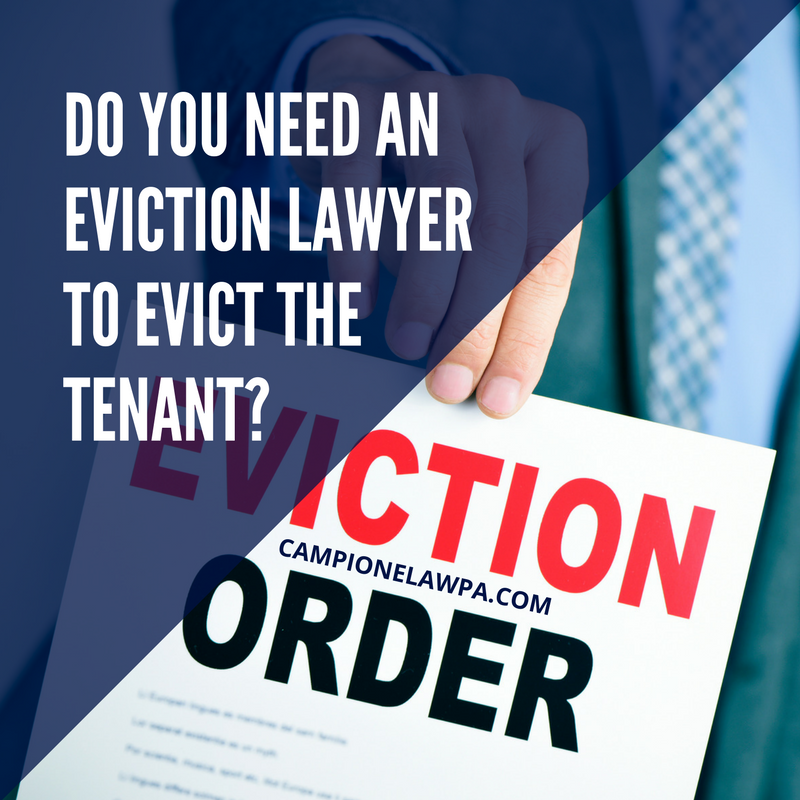An Overview: Navigating Delaware's Eviction Laws
An Overview: Navigating Delaware's Eviction Laws
Blog Article
Being a landlord or tenant in Delaware, it is essential to experience a very good idea of eviction law. Eviction can be a legitimate procedure for eliminating a tenant from a lease home, and there are particular legal guidelines set up to guard equally renters and landlords. With this blog post, we will cover the basic principles of eviction notice in Delaware and response some of the most commonly inquired queries.

Causes of Eviction in Delaware
A property owner are only able to legally evict a tenant should they have a sound reason, like non-repayment of rent payments, violating the lease contract arrangement, or carrying out unlawful pursuits in the residence. If your landlord wishes to evict a tenant with out a justified reason, it’s deemed an illegal eviction. In Delaware, a landlord must provide composed notice for the renter before filing for eviction.
Eviction Approach in Delaware
The eviction procedure in Delaware typically begins with a written observe for the tenant. In the event the tenant falters to adhere to the notice, the landlord are able to file for eviction in the courtroom. The renter will likely receive a the courtroom summons and also have the ability to participate in a hearing to dispute the eviction. When the the courtroom guidelines to opt for the property owner, a writ of ownership could be released, along with the nearby sheriff will enforce the eviction.
Tenant Representation in the court
Renters have the authority to legitimate representation during an eviction ability to hear, and it is advised that they look for authorized advice before attending. In case a renter is unable to afford to pay for legal counsel, they might be able to get free or reduced-expense legitimate aid services in Delaware.
Tenant Protections in Delaware
Delaware law provides particular protections for tenants in the eviction method. For instance, a landlord cannot physically eliminate a renter or their valuables through the house with out a court get. Renters likewise have the ability to contest an eviction in the court and ask for much more time to vacate the properties.
Landlord Obligations in Eviction Instances
Landlords in Delaware have particular obligations during the eviction process. For instance, they should give created discover for the tenant before filing for eviction and cannot affect the fastens or shut off utilities to force the renter to vacate your property. If a property owner violates a tenant’s privileges in the eviction approach, they might be at the mercy of authorized charges.

Verdict:
In conclusion, comprehending eviction regulation in Delaware is essential for both landlords and tenants. If you are a property owner, it’s important to adhere to the legal procedure for eviction and make certain you use a valid reason for the process. Renters should be aware of their privileges in the eviction procedure and may wish to search for legal reflection. Having a fundamental idea of eviction regulation in Delaware, each landlords and tenants can safeguard themselves and avoid unneeded legal disagreements. Report this page